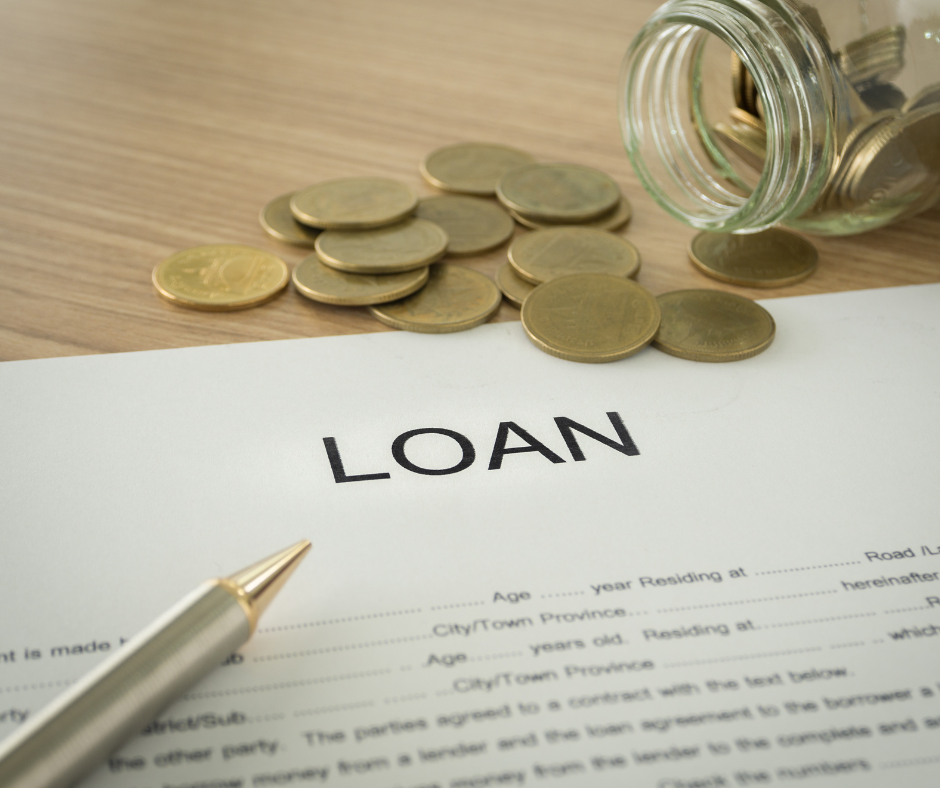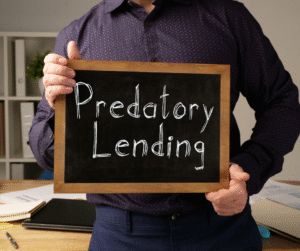Secured vs unsecured loans: which one should you choose?
Learn the key differences between secured vs unsecured loans to make informed borrowing decisions based on your needs, risk level, and financial situation.
Secured vs unsecured loans is a comparison many borrowers need to consider, especially when urgency and financial limitations collide.

When you’re short on cash or planning a major expense, understanding your loan options is crucial. But how do you pick the right type without risking more than you should? Let’s break it down in simple terms.
What’s the difference: secured vs unsecured loans?
The main difference lies in collateral. A secured loan is backed by an asset, something you own, like a car or a house. If you can’t repay the loan, the lender can take that asset to recover their money.
Unsecured loans, on the other hand, don’t require collateral. Approval is usually based on your credit score, income, and debt history.
This distinction affects everything from interest rates to borrowing limits, and ultimately, how much risk you take on.
When might a secured loan make sense?
For some borrowers, a secured loan may provide access to larger amounts or lower interest rates. Lenders often view these loans as less risky, so they may offer more flexible repayment terms. However, the downside is clear: if you default, you could lose your asset.
This type of loan might be considered when:
- You’re making a large purchase, like a home or vehicle.
- You have less-than-perfect credit and need a better chance of approval.
- You already own an asset you can use as collateral.
Still, the idea of tying debt to something valuable you own isn’t for everyone, and for good reason.
What about unsecured loans?
Unsecured loans, such as personal loans, credit cards, or student loans, don’t require any assets to back them. That can feel less risky from the borrower’s perspective, but lenders may charge higher interest rates to offset their risk. Additionally, loan amounts may be lower, and qualifying could be harder if your credit score isn’t strong.
People tend to consider unsecured loans when:
- They need fast access to a smaller amount of money.
- They don’t have assets to use as collateral.
- They prefer to avoid putting personal property on the line.
Even though there’s no asset involved, failure to repay can still have serious consequences, like damaged credit or legal action.
Which loan type is best for you?
There’s no universal answer here. Choosing between secured vs unsecured loans depends on your financial situation, your goals, and your comfort level with risk.
Do you have a stable income but a low credit score? A secured loan might offer a better rate. Need quick cash with no collateral? An unsecured loan could be the right fit.
It’s also worth checking the fine print of any offer: repayment terms, total interest paid, fees, and penalties all matter. Take your time, ask questions, and compare options before signing anything.
Secured vs unsecured loans: know before you owe
Loans can help cover important life costs, but not all loans are created equal. When looking at secured vs unsecured loans, think beyond the monthly payment. Understand the risks, weigh the pros and cons, and make the choice that fits your needs, not just today, but down the road too.
Remember, loans are tools. Use them wisely, and they can support your goals without becoming a burden.





